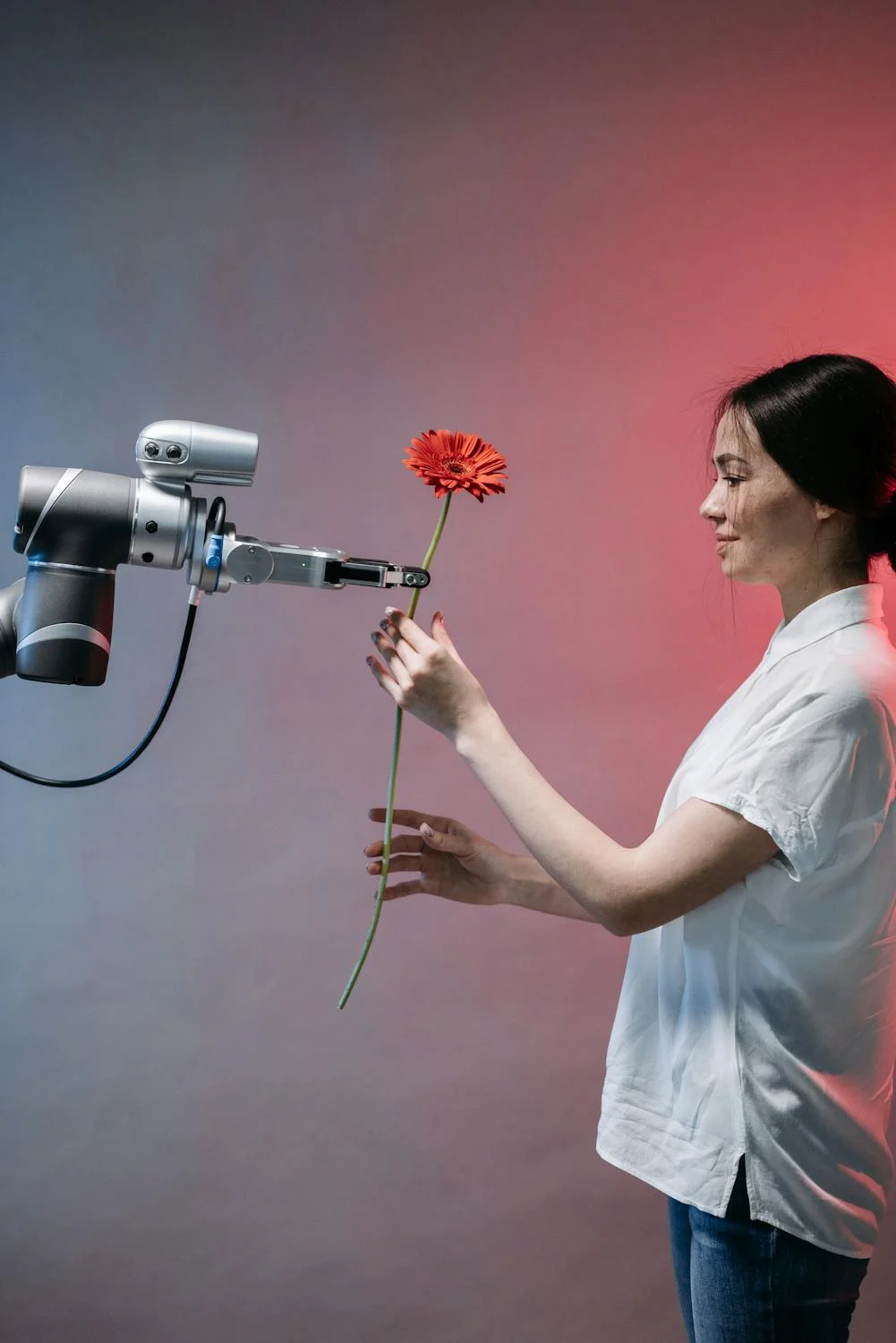AI Clones: Redefining Digital Presence and Interaction
The concept of AI clones is rapidly gaining traction, promising to revolutionize how we interact with technology and each other. These digital replicas, designed to mimic human behavior, speech, and appearance, are pushing the boundaries of artificial intelligence. By creating lifelike digital counterparts, AI clones offer new possibilities in various fields, from customer service to entertainment. Here’s a deeper look at the features, applications, and ethical considerations of AI clones.
Key Features of AI Clones
• Behavioral Mimicry: AI clones are programmed to emulate human behavior closely. They can replicate gestures, facial expressions, and mannerisms, making interactions more natural and engaging.
• Speech Synthesis: Advanced speech synthesis technologies enable AI clones to mimic a person’s voice with remarkable accuracy. This includes intonation, emotion, and speech patterns, making conversations with AI clones feel authentic.
• Visual Replication: Using deep learning and computer vision, AI clones can recreate a person’s appearance in high fidelity. This includes facial features, movements, and even the way they dress.
• Cognitive Abilities: AI clones are equipped with sophisticated algorithms that allow them to understand and respond to complex queries, learn from interactions, and adapt their responses over time.
Applications of AI Clones
• Customer Service: AI clones can serve as virtual customer service representatives, providing personalized support and handling inquiries around the clock. Their ability to interact naturally with customers enhances user experience and efficiency.
• Entertainment: In the entertainment industry, AI clones can be used to create virtual actors, musicians, and influencers. These digital personas can perform in films, concerts, and social media, offering new forms of entertainment.
• Education: AI clones can act as personalized tutors, providing tailored educational experiences. They can adapt to individual learning styles and pace, making education more accessible and effective.
• Healthcare: In healthcare, AI clones can be used for virtual consultations, patient monitoring, and mental health support. Their ability to mimic human interaction can make patients feel more comfortable and engaged.
• Business: AI clones can represent executives or employees in virtual meetings, conferences, and presentations, allowing for more flexible and dynamic business interactions.

Ethical Considerations
• Privacy and Consent: Creating an AI clone of a person requires access to their personal data, including voice, appearance, and behavior patterns. Ensuring that individuals provide informed consent and understand how their data will be used is crucial.
• Misuse and Manipulation: There is a risk that AI clones could be misused for malicious purposes, such as spreading misinformation, impersonating individuals, or conducting fraudulent activities. Robust safeguards and regulations are needed to prevent abuse.
• Identity and Authenticity: The existence of AI clones raises questions about identity and authenticity. Distinguishing between real and cloned interactions can become challenging, potentially undermining trust and authenticity in digital interactions.
• Employment Impact: The deployment of AI clones in various industries could impact employment, particularly in roles that involve repetitive tasks or customer interaction. Addressing the potential displacement of workers and providing retraining opportunities is essential.
Future Implications
The future of AI clones holds immense potential, but it also requires careful consideration of ethical, legal, and social implications. As technology continues to advance, AI clones could become more integrated into daily life, offering new ways to interact, work, and entertain. However, balancing innovation with responsible use will be key to maximizing the benefits of AI clones while minimizing potential risks.
Conclusion
AI clones are poised to redefine digital presence and interaction, offering advanced capabilities that mimic human behavior, speech, and appearance. From customer service to entertainment and healthcare, the applications of AI clones are vast and varied. However, the rise of this technology also brings ethical considerations that must be addressed to ensure responsible and beneficial use. As we navigate this new frontier, AI clones will undoubtedly play a significant role in shaping the future of human-technology interaction.
.png)